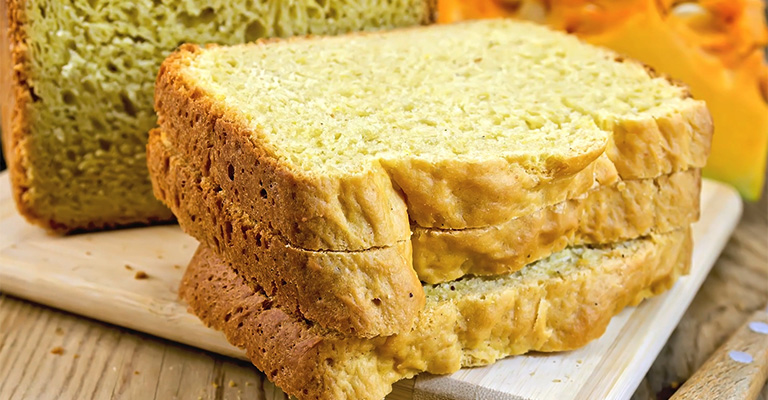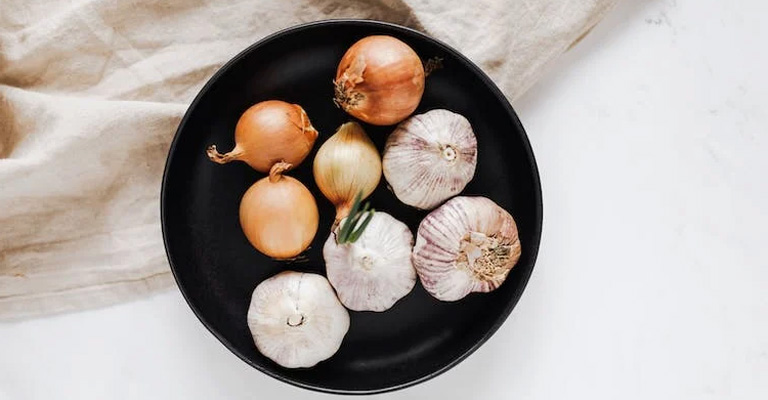The image of feeding ducks or pigeons with pieces of bread by the water’s edge is a common sight, but beneath the seemingly harmless act lies a hidden danger.
As simple and readily available as bread is, it might come as a surprise to learn that it can be detrimental to birds’ health.
The question “Why is bread bad for birds?” uncovers a tale of nutritional imbalance, digestive challenges, and unintended consequences that can impact both the avian world and our shared environment.
While bread might seem like a convenient option for feeding birds, it can have negative consequences for their health, behavior, and the environment.
It’s best to provide birds with a diet that closely mimics their natural foods, ensuring their well-being and contributing to the ecological balance.

Why Is Bread Bad For Birds?
Bread is bad for birds for many reasons, and it can cause serious health problems or even death for them.
Here are some reasons why you should not feed bread to birds:
Nutritional Imbalance
Bread lacks the essential nutrients that birds need for proper growth, energy, and overall health. Feeding them bread can lead to malnutrition due to its low protein and vitamin content.
Filling but Not Nourishing
Bread can fill birds up without providing the necessary nutrients, leading to reduced foraging for natural foods. This can result in them missing out on vital nutrients from their usual diet.
Digestive Issues
Birds’ digestive systems are not well-suited for processing large amounts of carbohydrates found in bread. This can lead to digestive problems and discomfort.
Growth of Harmful Microbes
Bread left uneaten can become moldy quickly, attracting harmful bacteria and fungi. If consumed, these microbes can cause illnesses in birds.
Altered Behavior
Relying on human-provided food like bread can disrupt birds’ natural foraging behaviors, affecting their ability to find a variety of appropriate and nutritious foods in their environment.
Lack of Water
Bread is dry and lacks the moisture content that birds require for proper hydration. This can lead to dehydration, especially in hot weather.
Obesity
Feeding birds bread regularly can lead to obesity due to its high-calorie content and low nutritional value. Overweight birds can face health issues and decreased survival rates.
Competition and Aggression
When bread is offered, it can cause competition and aggression among birds as they scramble to get their share. This disrupts natural social hierarchies and can lead to stress.
Environmental Impact
Leftover bread can attract pests like rats and introduce non-native species to an area, disrupting the natural balance of local ecosystems.
What Food Is Bad For Birds?
There are many foods that are bad for birds, and they can cause serious health problems or even death for them.
Here are some foods that you should not feed to birds:
Bread

Bread is a processed food that has no nutritional value for birds. It can fill up their stomachs but not provide any nourishment.
It can also spoil easily and become moldy, which can cause food poisoning, infections, or allergies in birds. Bread can also attract pests and predators that can harm the birds.
Chocolate

Chocolate is a wonderful treat for humans, but it can be toxic to birds. Chocolate contains a substance called theobromine, which can affect the nervous system and the heart of birds.
Chocolate poisoning can cause vomiting, diarrhea, seizures, and death in birds.
Avocado

Avocado is a healthy fruit for humans, but it can be fatal to birds. Avocado contains a toxin called persin, which can cause respiratory distress and heart failure in birds. Avocado poisoning can affect the birds within hours or days of ingestion.
Salt

Salt is an essential mineral for humans, but it can be harmful to birds. Salt can cause dehydration, kidney dysfunction, and death in birds. Salt poisoning can affect the birds’ thirst, appetite, and behavior.
Alcohol
Alcohol is a recreational drink for humans, but it can be dangerous to birds. Alcohol can depress the organ systems of birds and cause intoxication, disorientation, and death in birds.
Alcohol poisoning can affect the birds’ coordination, breathing, and heart rate.
Onion and garlic

Onion and garlic are flavorful vegetables for humans, but they can be toxic to birds. Onion and garlic contain compounds that can damage the red blood cells of birds and cause anemia.
Onion and garlic poisoning can cause weakness, lethargy, and breathing difficulties in birds.
Mushrooms
Mushrooms are a type of fungus that can be edible or poisonous to humans. Mushrooms can also be harmful to birds, as they can contain toxins that can affect the liver and the nervous system of birds.
Mushroom poisoning can cause digestive upset, liver failure, and death in birds.
Apple seeds
Apple seeds are small and hard parts of the apple fruit that humans usually discard. Apple seeds contain traces of cyanide, which is a deadly poison for humans and animals. Apple seeds can cause cyanide poisoning in birds, which can affect their breathing, blood pressure, and heart rate.
Caffeine
Caffeine is a stimulant that can boost the energy and alertness of humans. Caffeine can also affect the heart and the nervous system of birds. Caffeine poisoning can cause hyperactivity, tremors, seizures, and death in birds.
What Are Some Natural Foods That Birds Like?
Some natural foods that birds like are:
Flowers

Flowers are a source of nectar, seeds, and pollen for many birds, especially hummingbirds, sunbirds, and honeyeaters.
Flowers can also attract insects that birds can feed on. Some flowers that birds like are sunflowers, coneflowers, cosmos, butterfly weed, zinnias, and more.
Trees
Trees provide sap, buds, nuts, fruits, and seeds for many birds, such as woodpeckers, nuthatches, jays, and parrots.
Trees can also offer shelter and nesting sites for birds. Some trees that birds like are crabapple, black cherry, oak, and dogwood.
Shrubs
Shrubs are similar to trees in providing berries, seeds, and flowers for birds. Shrubs can also provide cover and protection for birds from predators and weather.
Some shrubs that birds like are holly, juniper, elderberry, and viburnum.
Insects
Insects are a rich source of protein and fat for many birds, especially insectivorous birds such as warblers, flycatchers, and swallows.
Insects can also provide calcium and other minerals for birds. Some insects that birds like are worms, grubs, ants, aphids, gnats, and flying insects.
These are some of the natural foods that birds like. If you want to attract more birds to your yard or garden, you can plant some of these plants or create habitats that support these food sources.
You can also supplement the natural foods with bird seed or other foods that are suitable for the species of birds you want to feed.
FAQ
Yes, feeding bread to birds can be harmful. While it might seem like a convenient option, bread lacks essential nutrients, can cause digestive issues, and lead to malnutrition in birds.
Birds’ digestive systems are adapted to their natural diets, which consist of insects, seeds, and other foods. Bread is high in carbohydrates and lacks the nutrients they need for proper digestion and health.
Feeding bread can result in malnutrition, digestive problems, obesity, and behavioral disruptions in birds. Leftover bread can also attract pests and contribute to environmental imbalances.
While some birds might consume bread, it’s not a suitable or nutritious option. Brown, whole-grain, or multigrain bread is not significantly better than white bread in terms of nutritional value for birds.
Opt for bird-friendly foods like seeds, grains, fruits, vegetables, and specialized bird feed mixes.
These options provide the essential nutrients birds need and promote their well-being without the negative effects associated with bread consumption.
Conclusion
The seemingly innocent act of feeding bread to birds underscores the complexity of wildlife interactions and the need for informed and responsible actions.
While the intention might be to provide sustenance, the negative consequences of offering bread to birds cannot be overlooked.
With growing awareness of the potential harm, we can redirect our efforts toward providing birds with suitable and nutritious alternatives.
Ultimately, by making informed choices about what we offer our feathered friends, we contribute to their well-being and to the preservation of harmonious coexistence between humans and the avian species that share our environment.